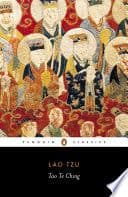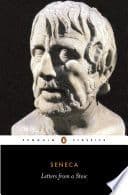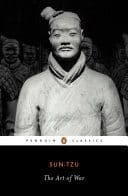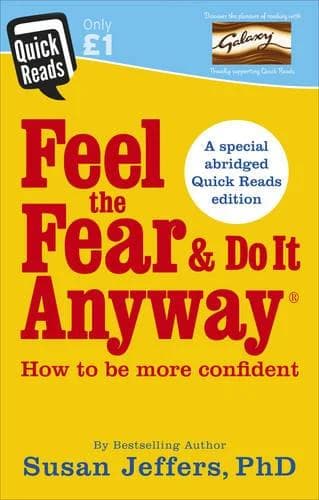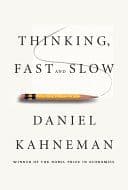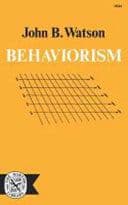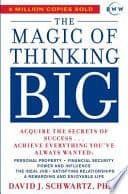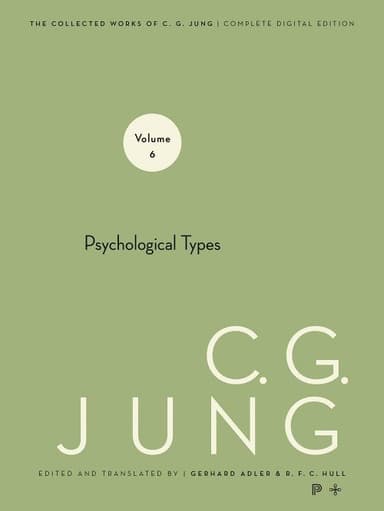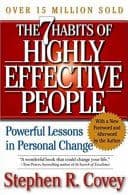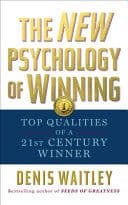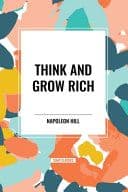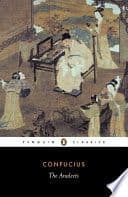
The Analects
A collection of Confucius's sayings to express a moral code by which Confucius believed everyone should live
DIFFICULTY
intermediate
PAGES
256
READ TIME
≈ 600 mins
DIFFICULTY
intermediate
PAGES
256
READ TIME
≈ 600 mins
About The Analects
The Analects asks how a person or a society become good - and determines that happens through habits, not slogans.
In spare dialogues and crisp aphorisms recorded by his students, Confucius sketches the 'junzi', the person who aligns feeling and action through 'ren' (human‑heartedness), practises 'li' (ritual tact), and chooses 'yi' (the fitting, the right) when it costs. Words matter — hence the “rectification of names”: say what you mean, act as you say. Rulers lead by moral gravity rather than force; influence ripples outward from self‑scrutiny to family, office, and state. Daily work is humble: learn widely, honour parents, speak precisely, and examine yourself at dusk.
The Analects is not a system but a training ground for character and leadership, offering clear, portable principles for living well together - even in fractious times.
What You'll Learn
- The core Confucian virtues: ren, li, yi, zhi, xin
- How ritual and propriety cultivate character and harmony
- Confucius’s principles of ethical leadership and governance
- The role of self-cultivation and lifelong learning
Key Takeaways
- Virtue anchors personal and public life
- Lead by moral example, not coercion
- Ritual shapes character and social harmony
- Self-cultivation is a lifelong practice
- Filial piety undergirds social order
More in classics


